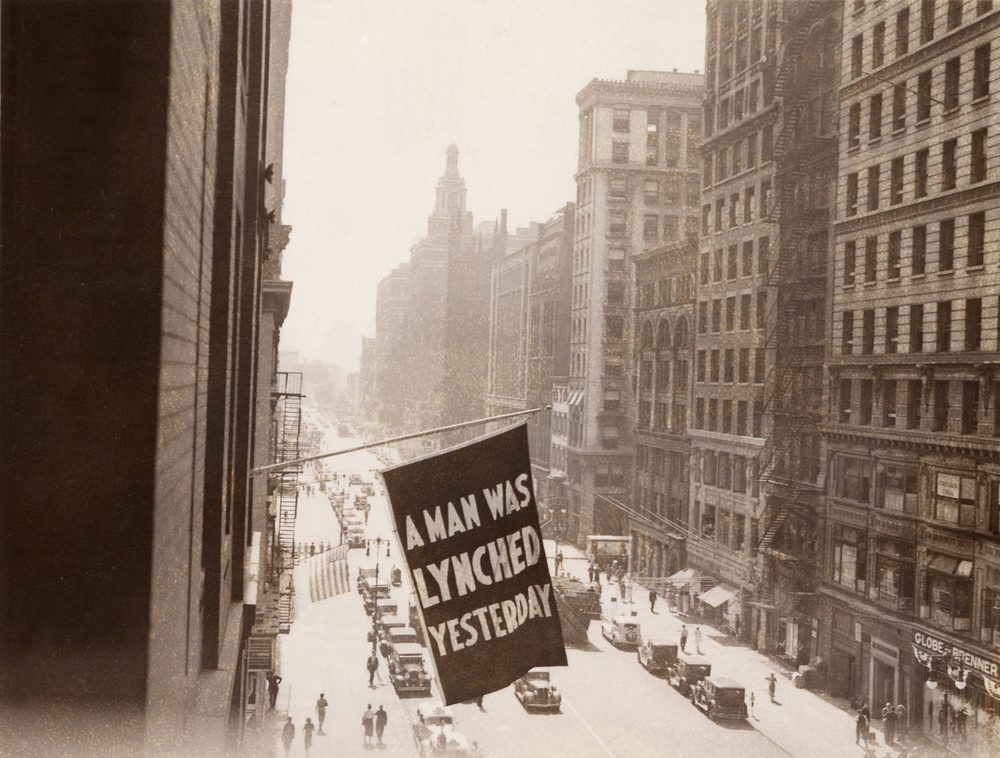
US Archivist Allegedly Involved in Altering American History Exhibits

**National Archives Controversy: Debates Over U.S. History Curation**
In recent discussions surrounding the transformation of the National Archives Museum in Washington, D.C., concerns have emerged that historical narratives are being selectively presented to avoid controversy. Archivist of the United States, Colleen Shogan—appointed by President Joe Biden—has been at the center of this debate, with critics claiming her leadership has resulted in the omission of key aspects of U.S. history.
### Reported Changes to Historical Exhibits
According to an October 29, 2023, *Wall Street Journal* report, current and former museum staff alleged that Shogan directed the removal or alteration of certain historical displays to avoid negative depictions of the U.S. government. The accusations center on an ongoing redesign of the National Archives Museum’s permanent exhibition galleries, part of a larger renovation project aiming to commemorate the 250th anniversary of the Declaration of Independence in 2026. The redesign reportedly included revisions to exhibits on pivotal historical events, such as the mass displacement of Native American communities and the incarceration of Japanese Americans during World War II.
Employees allege that certain content was deliberately minimized to avoid provoking visitors or angering Republican lawmakers. For example, staffers claimed that images from photographer Dorothea Lange, documenting the realities of Japanese-American internment camps, were ordered removed for being “too negative and controversial.” Additionally, a planned exhibit discussing amendments to the U.S. Constitution, including the 13th Amendment abolishing slavery and the 19th Amendment granting women suffrage, was reportedly shortened after concerns were raised that it might reflect poorly on the Founding Fathers.
### Resignations and Internal Struggles
The revisions under Shogan’s leadership have reportedly led to internal dissatisfaction. At least six senior staff members have resigned in recent months, with some citing frustration over perceived “sanitization” of U.S. history for political reasons. In her October 30, 2023, blog statement, Shogan countered these allegations, asserting that the purpose of her role is not to offer personal interpretations of historic records but to preserve and present them for public consumption. Referring to the critical article as “misinformed,” she defended both her leadership and the agency’s ideological neutrality.
One significant point of tension is whether the museum’s curatorial decisions are balancing historical accuracy with political sensitivity. Shogan emphasized that her responsibility, especially in the light of potential political pressures, is to ensure the exhibitions do not promote partisan narratives.
### The Broader Controversy
Shogan’s tenure has, from its outset, been subject to political scrutiny. Her appointment in May 2023 followed a contentious confirmation process marked by Republican accusations of partisan bias. Criticism intensified after Shogan took the helm of the National Archives in the wake of the agency’s involvement in the investigation of classified documents retained by former President Donald Trump at his Mar-a-Lago resort—a case launched in part due to a criminal referral by the National Archives and Records Administration (NARA). During confirmation hearings, Missouri Senator Josh Hawley challenged Shogan’s prior social media posts and past academic works, accusing her of harboring partisan views, which she vehemently denied.
Despite criticism from some Republican lawmakers, Shogan has overseen sweeping changes at the National Archives Museum in preparation for the 2026 anniversary of America’s founding. While the renovation project itself predates her tenure, critics argue that her programming decisions since taking office—especially involving the selective portrayal of U.S. history—reflect an attempt to appease particular political factions.
### Impact on Historical Representation
Shogan’s critics point to specific instances where historical figures important to civil rights movements have been replaced in proposed exhibits. For example, former employees noted that interactive displays of Civil Rights leaders Martin Luther King Jr. and Dolores Huerta were to be substituted with images of figures like President Richard Nixon meeting Elvis Presley and former President Ronald Reagan alongside retired baseball player Cal Ripken Jr. The rationale provided by her aides, according to the *Wall Street Journal*, was to refrain from highlighting activists to avoid stirring up partisan reactions.
However, in a response to questions from the magazine *Hyperallergic*, a spokesperson for the National Archives stressed that the renovations aim to create space for a wider array of stories from American history. The updates, they said, include key moments such as the Emancipation Proclamation and the 19th Amendment, ensuring visitors have access to a broad historical narrative.
Still, the debate continues over the fine line between presenting historical facts and avoiding potentially uncomfortable or politically charged content. Critics argue that minimizing the full scope of U.S. history risks distorting the truth under the guise of neutrality. The museum’s collection includes more than 13 billion records, and curatorial decisions always present challenges in determining what aspects to highlight. Yet, the potential omission or softening of challenging episodes in history raises concerns about shaping the public’s understanding of America’s past, particularly in a museum